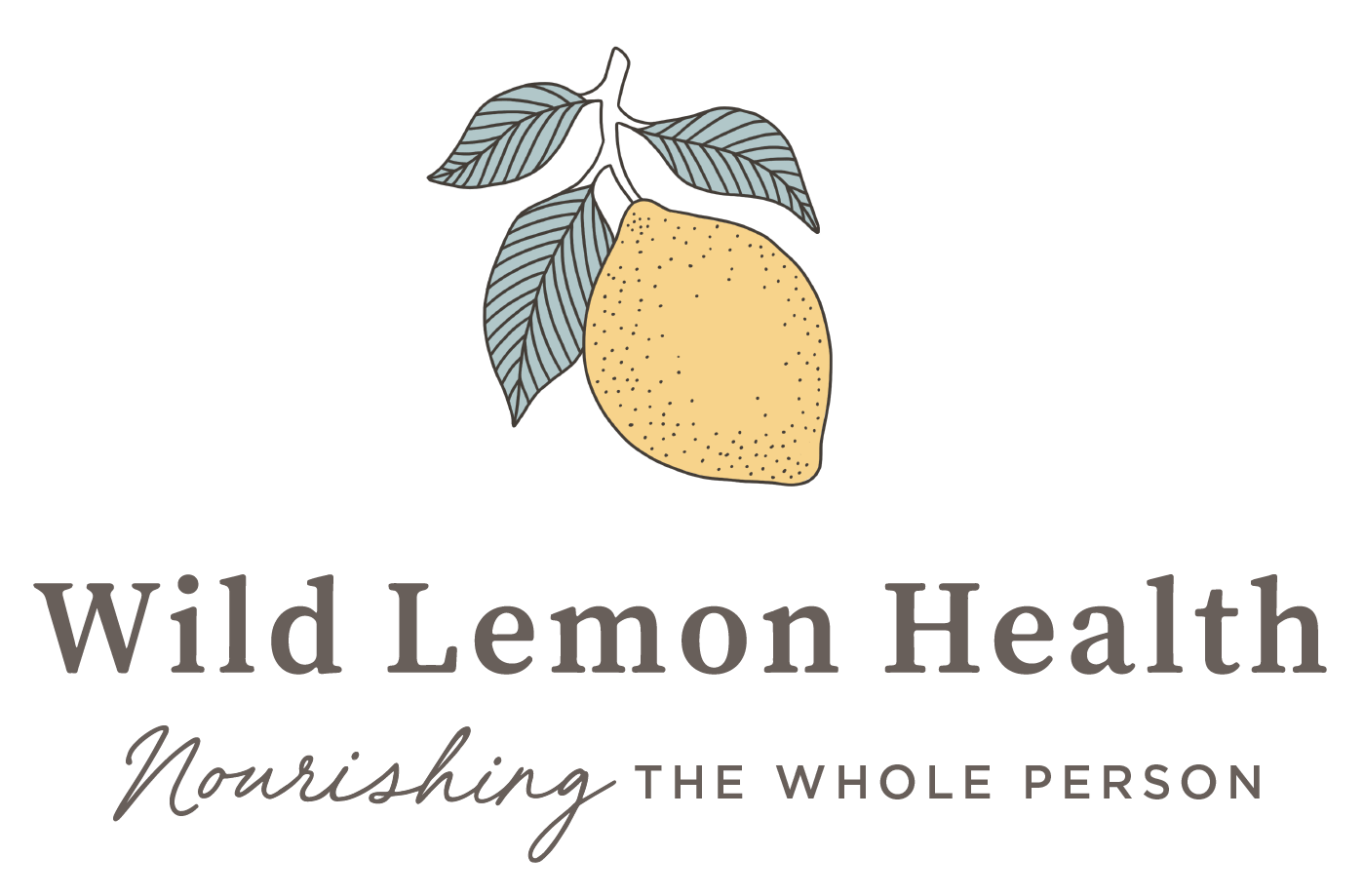The road less traveled
A lot of terms are often thrown around without much explanation to their meaning or significance. For example, a question I get a lot when I'm out either teaching a class or cooking one- on-one with someone is what is seasonal? And why is it important? Well, I'm so glad you asked because this concept is near and dear.
Seasonal refers to consuming fruits and vegetables that are being harvested at the present time of year. This is how we used to eat before it was possible to ship and store food long distances. What was being grown at the farm and orchards is what we ate. Sounds simple enough, but why should this matter?
There are a few practical reasons: cost, flavor and nutrition. If something is in high supply, it will cost less. Blueberries are a great example. In the peak of the season, you can get them for $3-$4 a pint. In October, I've seen them be upwards of $6-$7.
Fruits and vegetables that have been harvested when ripe and sold in close proximity (both in time and location) just taste better. Eating a tomato off the vine warmed by the sun is a delicious experience. Rosy pink, mealy tomatoes from Chile in January not so much. The incredible thing though is that flavor reflects nutrition. The better it tastes, the more nutrition it has as well. In reality, that tomato in August has more lycopene (an antioxidant) than the one in January.
While all these points are important, I think there is something even more profound about seasonality: nature. It is an accessible and healthy way to connect to the rhythm of nature. There is a growing amount of research that suggests that being disconnected from nature leads to unhappiness, depressed immunity, difficulty concentrating and can dampen creativity. Eating with the seasons allows us the opportunity to heed to the inherent wisdom present in nature and celebrate its bounty when it's at its peak. Ever wonder why orange and yellow squash is so abundant in the winter? That brightly colored flesh is full of vitamin A that is necessary for proper immune function.
In a lot of ways, I see it as a practice in presence. We get to see/smell/taste and enjoy what is happening in this precise moment during the year. It adds wonder and celebration to the simple act of eating. Being present is healing. And fragrant juicy strawberries can bring us back to the moment.
"Did you ever stop to taste a carrot? Not just eat it, but taste it? You CAN'T taste the beauty and energy of the earth in a Twinkie.
– Astrid Alauda"
Happy eating!
Antonella
April 20, 2015

